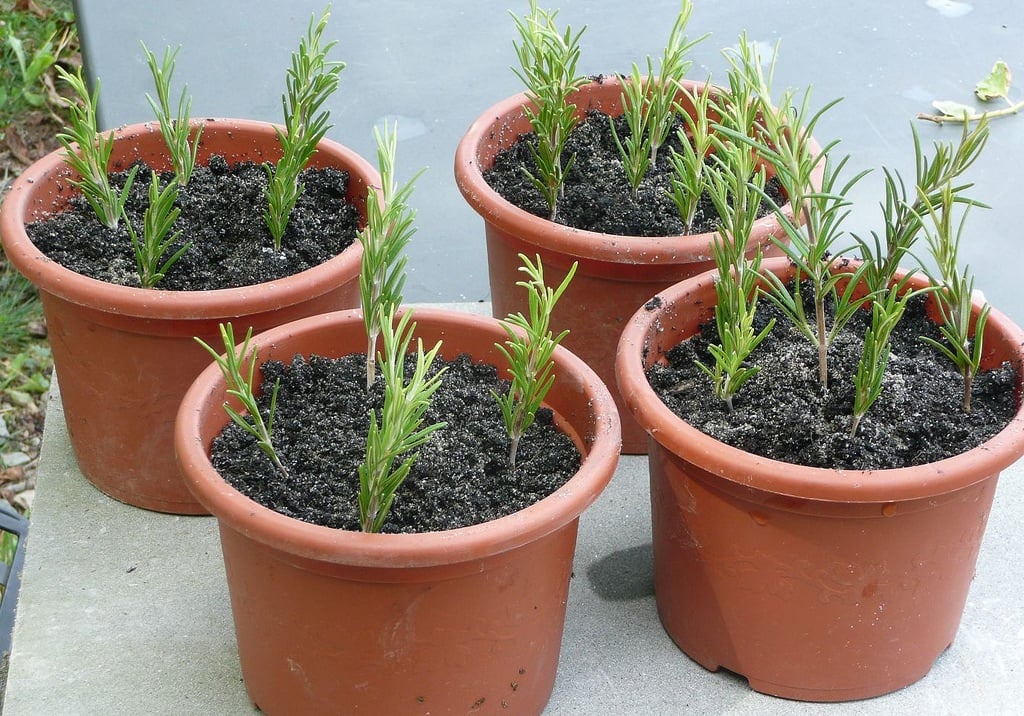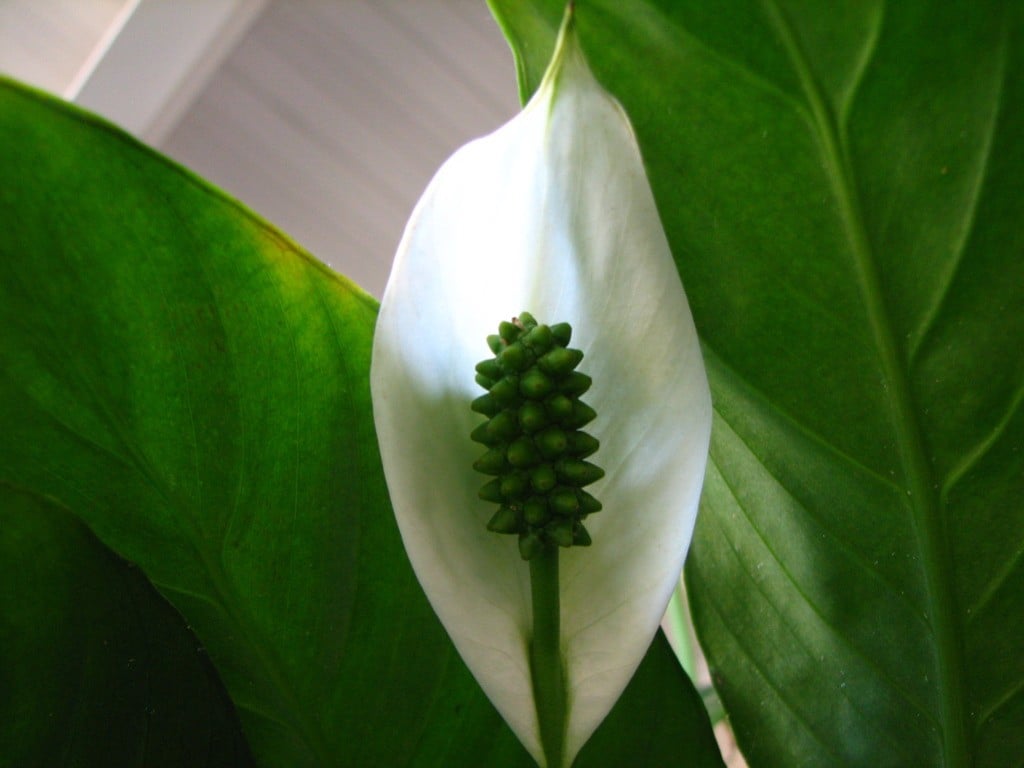Settlement of an estate need not undergo judicial proceedings all the time. Rule 74, Section 1 of the Rules of Court allows the extrajudicial settlement of estate by agreement among the heirs. Said Rule states:
Sec. 1. Extrajudicial settlement by agreement between heirs. – If the decedent left no will and no debts and the heirs are all of age, or the minors are represented by their judicial or legal representatives duly authorized for the purpose, the parties may, without securing letters of administration, divide the estate among themselves as they see fit by means of a public instrument filed in the office of the register of deeds, and should they disagree, they may do so in an ordinary action of partition. If there is only one heir, he may adjudicate to himself the entire estate by means of an affidavit filed in the office of the register of deeds.
The parties to an extrajudicial settlement, whether by public
instrument or by stipulation in a pending action for partition, or the
sole heir who adjudicates the entire estate to himself by means of an
affidavit shall file, simultaneously with and as a condition precedent
to the filing of the public instrument, or stipulation in the action for
partition, or of the affidavit in the office of the register of deeds, a
bond with the said register of deeds, in an amount equivalent to the
value of the personal property involved as certified to under oath by
the parties concerned and conditioned upon the payment of any just claim
that may be filed under Section 4 of this rule. It shall be
presumed that the decedent left no debts if no creditor files a petition
for letters of administration within two (2) years after the death of
the decedent.
The
fact of the extrajudicial settlement or administration shall be
published in a newspaper of general circulation in the manner provided
in the next succeeding section; but no extrajudicial settlement shall be
binding upon any person who has not participated therein or had no
notice thereof.
However,
extrajudicial settlement of estate cannot be resorted to every time.
There are conditions which must be satisfied such as:
1. The decedent left no will.
2. The decedent has no debts or his debts have been fully paid.
3. The heirs are all of legal age or the minors are duly represented by their judicial or legal representatives.
4. A public instrument is duly executed by the heirs and filed with the Register of Deeds.
Extrajudicial settlement of estate is often recommended to expedite the transfer of properties of the decedent to his heirs.
This is in view of the fact that judicial settlement of estate takes
years before the case is concluded. Furthermore, this is more
adversarial and is resorted to when the heirs disagree on the properties
to be partitioned and the corresponding shares of the respective heirs.
An extrajudicial settlement of estate is done by executing an “Extrajudicial Settlement Among Heirs”. This is a legal document specifying:
1. Compliance with the legal conditions for an extrajudicial settlement
2. Description of the
properties to be extrajudicially settled (title number, value, location,
lot size, technical description, etc.)
3. Nature of the property (if conjugal property)
4. Name of the heirs
5. How the properties shall be divided amongst the heirs.
6. Posting of a bond if there is personal property involved.
7. Undertaking that the Deed will be published in a newspaper of general circulation once a week for 3 consecutive weeks.
It must be noted that the Deed of Extrajudicial Settlement must be published in a newspaper of general circulation once a week for 3 consecutive weeks. Kindly consult with the Register of Deeds where the property is located for the listing of these newspapers.
Before filing the Deed of Extrajudicial Settlement with the Register of Deeds where the land is located, it is necessary that the estate taxes be paid first. Under Philippine laws, estate tax
is defined as a tax on the right of the deceased person to transmit his
estate to his lawful heirs and beneficiaries at the time of death and
on certain transfers, which are made by law as equivalent to
testamentary disposition. According to the Bureau of Internal Revenue, estate tax is not a tax on property but rather imposed on the privilege of transmitting property upon the death of the owner.
IMPORTANT:
The discussion below on the estate taxes, deduction and procedure
before the BIR is relevant only to those who died before 01 January
2018 since Republic Act No. 10963, otherwise known as the Tax Reform for
Acceleration and Inclusion Law (TRAIN Law), amended the Tax Code,
including the procedure, tax rates and deductions for estate taxes. The
TRAIN Law became effective on 01 January 2018.
It bears great emphasis that the Estate Tax Return must be filed within six (6) months from the decedent’s death. The deadline may be extended by the Commissioner of the BIR, in meritorious cases, not exceeding thirty (30) days. It must be noted that the estate itself is assigned its own Tax Identification Number (TIN).
The Estate Tax Return is filed with Revenue District Office (RDO)
having jurisdiction over the place of residence of the decedent at the
time of his death. If the decedent has no legal residence in the Philippines, then the return can be filed with:
1. The Office of the Revenue District Officer, Revenue District Office No. 39, South Quezon City; or
2. The Philippine Embassy or Consulate in the country where decedent is residing at the time of his death.
Furthermore,
the estate tax shall be paid at the time the return is filed. However,
upon request and if the Commissioner of the BIR finds that payment on
the due date of the Estate Tax or of any part thereof would impose undue
hardship upon the estate or any of the heirs, he may extend the time
for payment of such tax or any part thereof not to exceed five (5)
years, in case the estate is settled through the courts or two (2) years
in case the estate is settled extra-judicially. If an extension is
granted, the BIR Commissioner may require a bond in such amount, not
exceeding double the amount of tax, as it deems necessary.
The estate tax is based on the value of the net estate as follows:
1. If not over P200,000, it is exempt
2. If over P200,000 but not over P500,000, then tax is 5% of the excess over P200,000
3. If over P500,000 but not over P2,000,000, then tax is P15,000 PLUS 8% of the excess over P500,000
4. If over P2,000,000 but not over P5,000,000, then tax is P135,000 PLUS 11% of the excess over P2,000,000
5. If over P5,000,000 but not over P10,000,000, then tax is P465,000 PLUS 15% of the excess over P5,000,000
6. If over P10,000,000, then tax is P1,215,000 PLUS 20% of the excess over P10,000,000
The basis shall be the net estate.
That means that there are allowable deductions on the estate. These
deductions include funeral expenses, share of the surviving spouse,
medical expenses incurred by the decedent within 1 year prior to his
death, family home deduction of not more than P1,000,000.00, standard
deduction of P1,000,000.00, among others. It is best to consult with an
accountant on this matter to determine the accurate estate tax.
For extrajudicial settlement of estate, the following documents must be submitted with the BIR:
1. Notice of Death
2. Certified true copy of the Death Certificate
3. Deed of Extra-Judicial Settlement of the Estate
4. Certified true copy of the land titles involved
5. Certified true copy of the latest Tax Declaration of real properties at the time of death
6. Photo copy of Certificate of Registration of vehicles and other proofs showing their correct value
7. Photo copy of certificate of stocks
8. Proof of valuation of shares of stocks at the time of death
a. For listed stocks – newspaper clippings or certification from the Stock Exchange
b. For unlisted stocks – latest audited Financial Statement of issuing corporation with computation of book value per share
9. Proof of valuation of other types of personal property
10. CPA Statement on the
itemized assets of the decedent, itemized deductions from gross estate
and the amount due if the gross value of the estate exceeds two million
pesos
11. Certification of Barangay Captain for claimed Family Home
Other documents may also be requested by the BIR.
After the estate taxes have been paid, the heirs may proceed to the Register of Deeds where the land is situated. If the Register of Deeds would allow it, the filing with the BIR and Register of Deeds may be simultaneous. The proof of payment of the estate tax, Affidavit of Publication of the Deed, the Deed of Extrajudicial Settlement of Estate
are the basic requirements to be submitted to the Register of Deeds.
When all pertinent documents are submitted, the Register of Deeds will
correspondingly issue the Transfer of Certificates of Title to the
proper heirs.
On
a final note, it must be borne in mind that the extrajudicial
settlement can be nullified if it was done in fraud of creditors or
other rightful heirs. Furthermore, this can open the erring heirs to
criminal liabilities.
Nicolas & De Vega Law Offices is
a full service law firm in the Philippines. You may visit us at the
16th Flr., Suite 1607 AIC Burgundy Empire Tower, ADB Ave., Ortigas
Center, 1605 Pasig City, Metro Manila, Philippines. You may also call us
at +632 4706126, +632 4706130, +632 4016392.















































